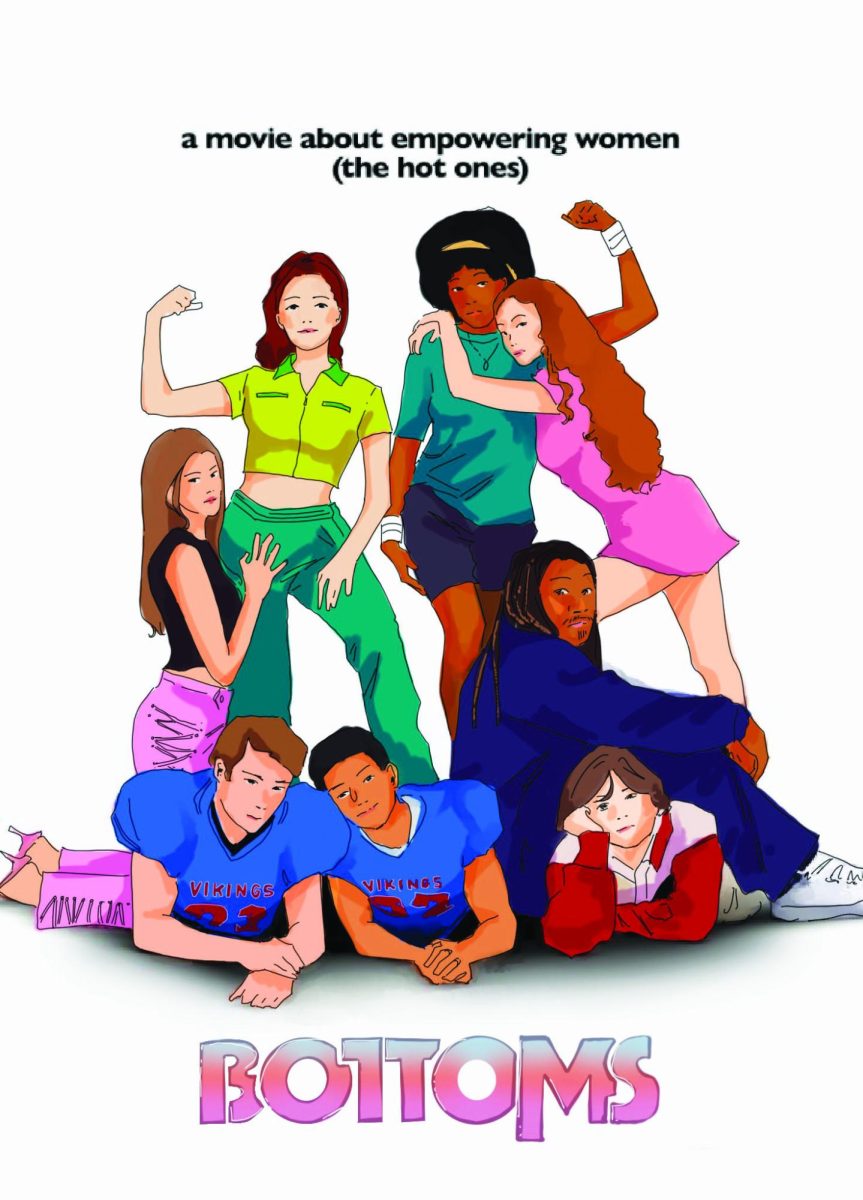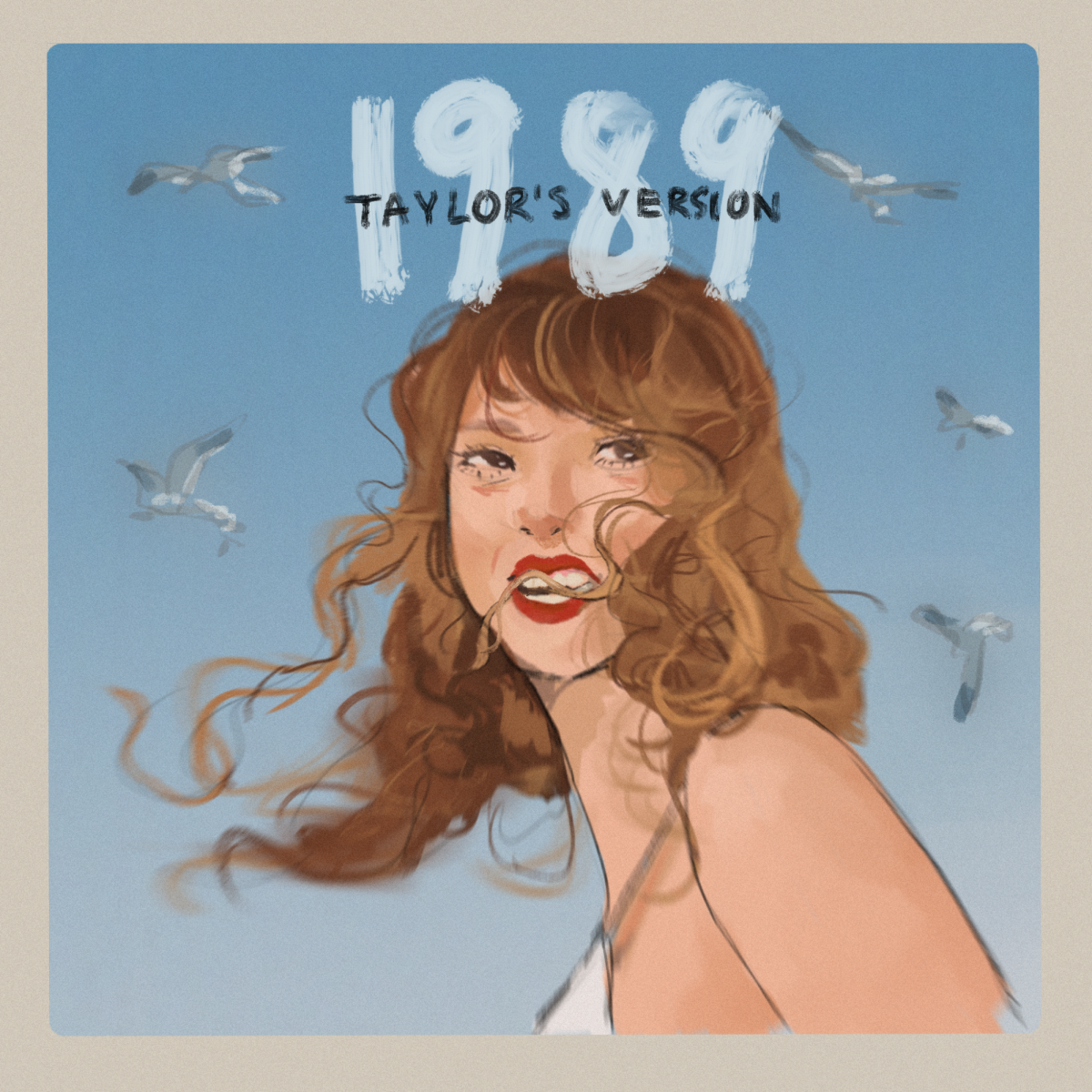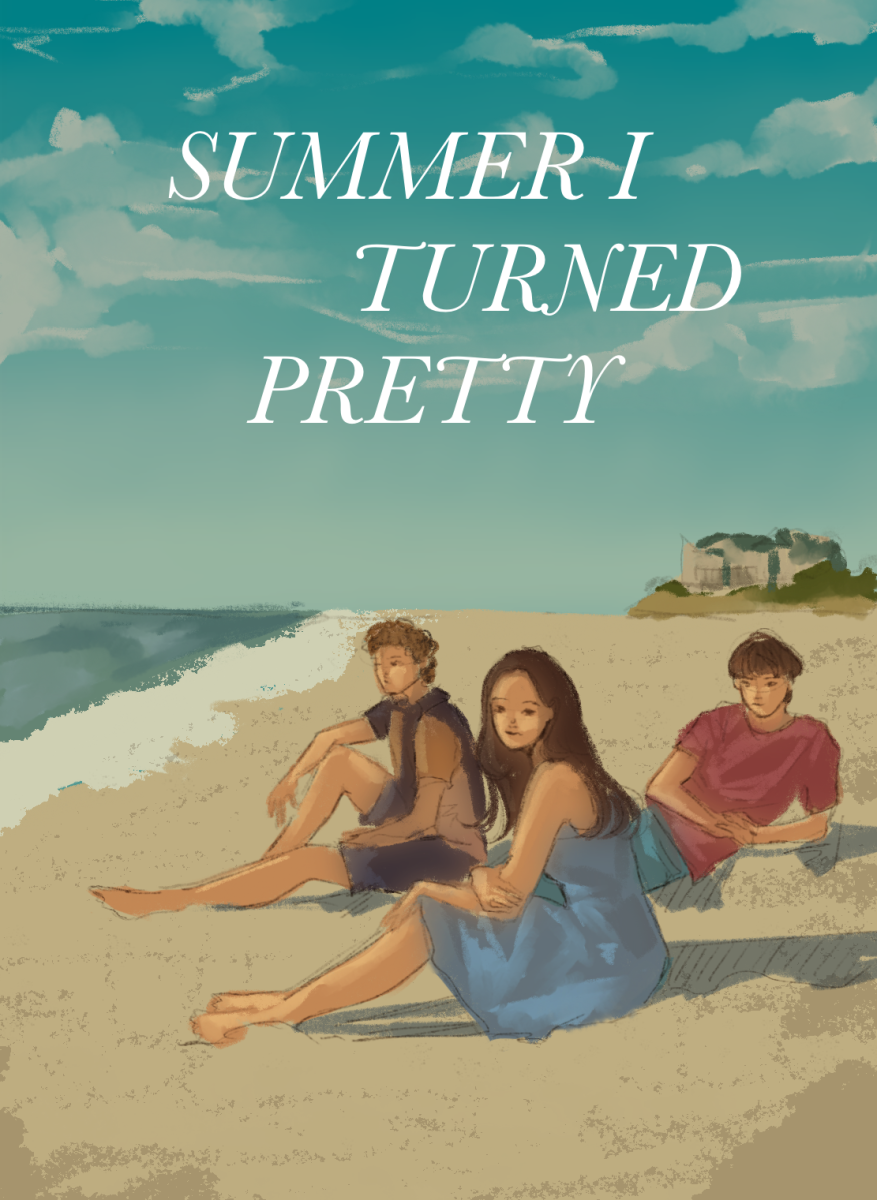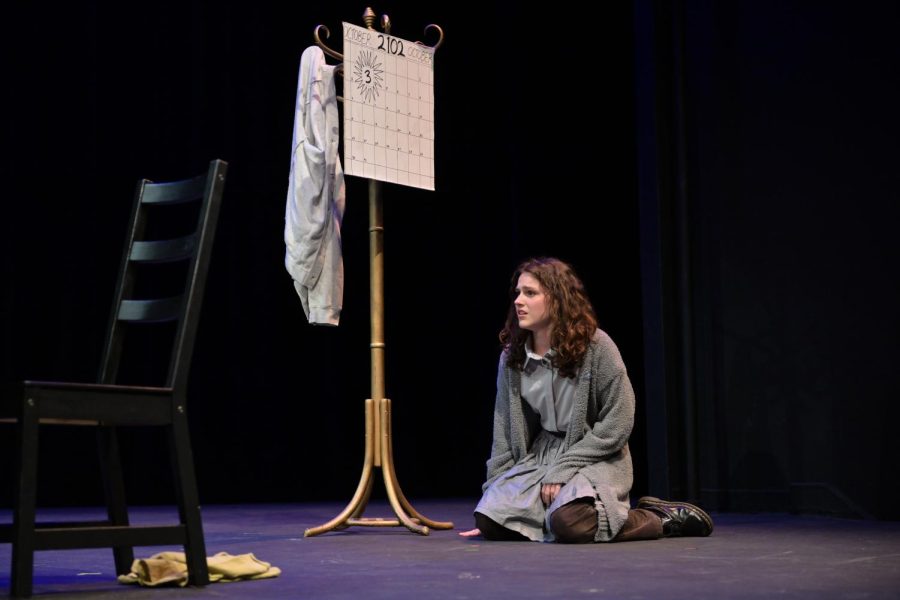With an increase in public playlists, some teens are easily able to see their peers’ music choices, and style their choices based on what they think will aid them in appearing elevated amongst their peers.
267 of 282 people use Spotify, Apple Music, or SoundCloud, and about 60 percent of those people publicize their playlists, making their music choices incredibly accessible to whoever is interested.
There are two very relevant phenomena as it relates to this issue: conformity of music choices to fit in, and nonconformity of music choices for the sake of being unique. Often, neither result in one’s own enjoyment.
Muthee Githara ’20, who mainly uses Spotify, commends the idea of reflecting friends’ music choices in ones own but finds fault with it under the circumstance of listening to music because it’s commercially in demand.
“I think enjoying music is based on other people enjoying music with you,” Githara said. “It is not just individual, and I don’t think that’s necessarily a negative thing until you claim you like music in a certain way, but you only listen to that music because it is popular. Then it becomes a problem. If you listen to music because your other friends listen to that music, then it’s fine.”
In contrast, singer Graham Berger-Sacks ’20, avid user of Spotify, Apple Music and SoundCloud for both listening to music and releasing his own music, takes issue in pretending to have a diverse music taste when one only really likes and connects with one or two genres of music. However, Berger-Sacks said he understands why people fall into this tendency as he was guilty of it earlier in his life.
“I think the older we get, there’s a new wave of people trying to find more originality in their music choice,” Berger-Sacks said. “I have some friends that only really listen to hip-hop—probably the majority of my guy friends—and they will say they like other genres but not really. Up until maybe two years ago, I was one of those people. I didn’t really know much better, and I was just influenced by my peers. Hip-hop is a great genre, and it’s probably one of my favorites, but the older I’ve gotten, I’ve definitely diversified my taste and gotten into more alternative stuff because I’ve become more of an independent thinker.”
Unlike both Githara and Berger-Sacks entirely, Rileigh Goldsmith ’20 said she doesn’t think her friends base their music choices off of what’s popular.
“I don’t feel as though teens base their music choices on the choices of others, but rather, they spread music options through platforms like Soundcloud, iTunes, Spotify, etcetera,” Goldsmith said. “This could allow someone else to discover new artists, but I don’t really think it’s a pressure thing.”
Regarding public playlists, Githara, Berger-Sacks and Goldsmith view them positively. They all find public playlists as a useful method of finding enjoyable music, rather than as pathways leading to imitation of others’ music choices.
“I think [public playlists] are way better because when you add stuff to your playlist, it’s not always necessarily popular,” Githara said. “A lot of times, people’s playlists are not exactly the same, so if I go to one of my friend’s playlists, I might find a song that I’ve never heard of before, and I might enjoy it.”
Berger-Sacks also makes great use out of public playlists and has benefitted as an artist from Spotify’s generated playlists.
“I look at my carpool’s playlist all the time because I hear songs and styles in the car that I’ve never heard or don’t generally listen to very much, and I go to her playlist to find those songs later, which I love,” Berger-Sacks said. “Spotify’s Discover Weekly and Daily Mix playlists have been good for me as an artist too, as they got me streams. It’s cool for people like me, who are artists with no real industry platform, because we can still get recognition through Spotify.”
As it relates to their own music choices, both Goldsmith and Githara readily accept the influence that their friends have on them.
“I’m neither proud nor embarrassed about it, it just happens,” Githara said. “I think forming your own music taste comes from other people’s opinions sometimes, and that’s not a problem. Sometimes you can derive what you like from what other people like.”
As an artist, Berger-Sacks has analyzed how his music choices have actually influenced the art he produces and vice versa.
“Becoming an artist, I realized that the type of music I was making, and the type of music I was listening to were very different,” Berger-Sacks said. “I started making different types of music—now I do a little bit of hip-hop, alternative, rock—and I’ve really tried to start listening to all those genres. I also try to listen to artists who are a little more similar to me for inspiration and to see what types of artists are out there as far as male bedroom pop artists. I like to keep it unique and stylistically different, but becoming an artist has definitely influenced me to broaden my horizons a little bit.”
As time progresses and society develops, the trend of changing one’s music choices based on the desire to either conform or be distinctively individual can just as easily develop further or diminish. Githara thinks there will be a little bit of both.
“A lot of people are going to keep liking music because it’s popular,” Githara said. “It’s just going to happen. And with time, I definitely think it’s going to happen more because there’s more of a connection with social media. But as individuals, the more we appreciate music, the more we form our own taste.”








































